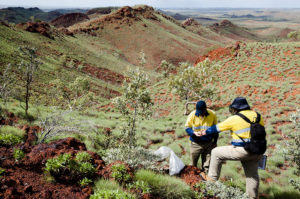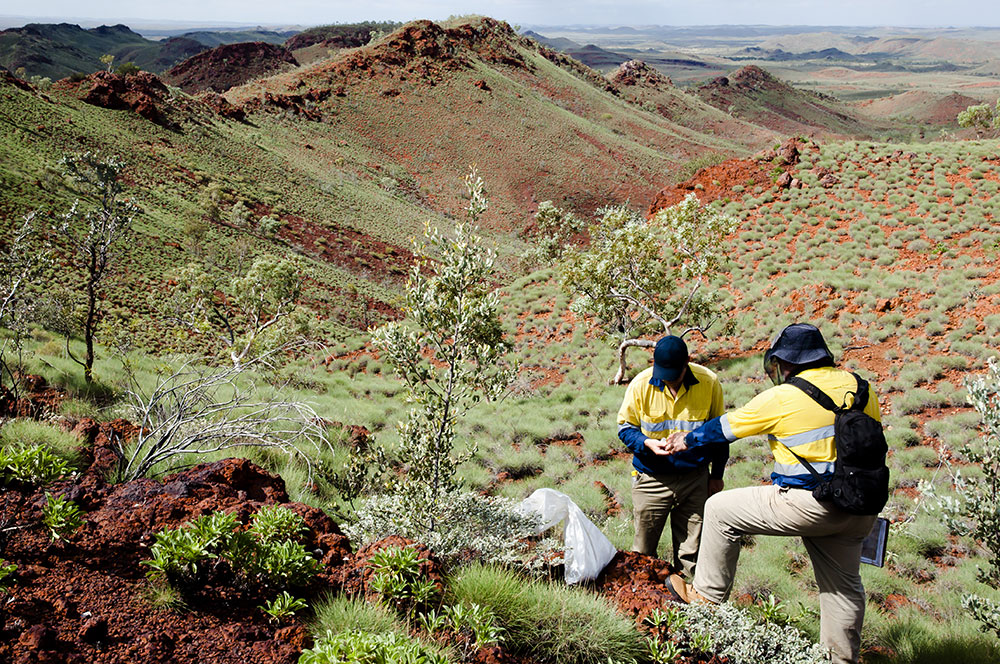Disclaimer: The information on our website is provided for general information purposes only. We make no representations or warranties of any kind, express or implied, about the completeness, accuracy, reliability, suitability or availability with respect to the website or the information contained on our website for any purpose. Any reliance on such information is therefore strictly at your own risk and we are not liable for any damages or losses arising out of or resulting from your reliance on any information contained on our website.
A geologist studies the Earth and specializes in various areas of geology. Additionally, they may spend time outdoors collecting samples and creating geological maps. They might also work in a lab and analyze the samples collected. Next, watch a Video to see what a Geologist does.
How to Become a Geologist
To become a geologist you’ll need to earn a bachelor’s degree in geology or geoscience. During this time, you might also do field study work as part of your degree program so you can gain on-the-job experience. Many companies prefer a master’s degree or a blend of experience and education. If you were to continue onto your master’s degree, this would be your opportunity to focus on a specialized area of geology that interests you. You might take an internship at this point as well. For instance, the U.S. Geologic Survey has a graduate program for students to apply for.
Job Description of a Geologist

Since there are a variety of industries a geologist can work in, from engineering, mining, teaching, and research for government agencies to discover risks and hazards, the tasks a geologist performs on a daily basis often depends on the industry they work in. However, all geologists are there to learn about the Geology of the Earth. The purpose of that research just varies by industry.
Some geologists for example may work much of the time in the field, collecting rock samples to analyze an area’s value for mining or oil and gas companies. They may also collect samples for government or university research. They can also spend a majority of time working in a laboratory analyzing sample details such as their strength and microscopic details. Geologist may also work on the computer, in the field or in an office, using Geographical Information Systems (GIS) and even 3-D modeling software. This enables them to analyze an area in greater detail and provide a depth of information in reports that are shared with others.
Benefits
There are several benefits of becoming a geologist. At the top of the list is helping avert the dangers of natural catastrophes! For example, they help in predicting earthquakes, volcanic eruptions, tsunamis, and other disasters. Another environment is their work environment as they may work indoors or outdoors, anywhere in the world. They can work in several industries, including NASA and the number of jobs for Geologists are growing, which means more job opportunities. Geologists also earn competitive salaries and receive excellent benefit packages for health, vision, and dental insurance. They also receive paid sick leave, vacation days, and retirement options, such as 401(k).
Educator Resources
The Geological Society has free poster factsheets that you can download and print for your classroom along with geologic activity sheets and presentations (links open in a new tab). The U.S. Geological Survey also provides resources for K-College teachers.
Article Citations
Salary information is located on FederalPay.org and growth rate information was located on the Bureau of Labor Statistics website.
The Geological Society, Geology Career Pathways, What do Geologists do.
Videos: The career interview video is in the public domain from CareerOneStop

